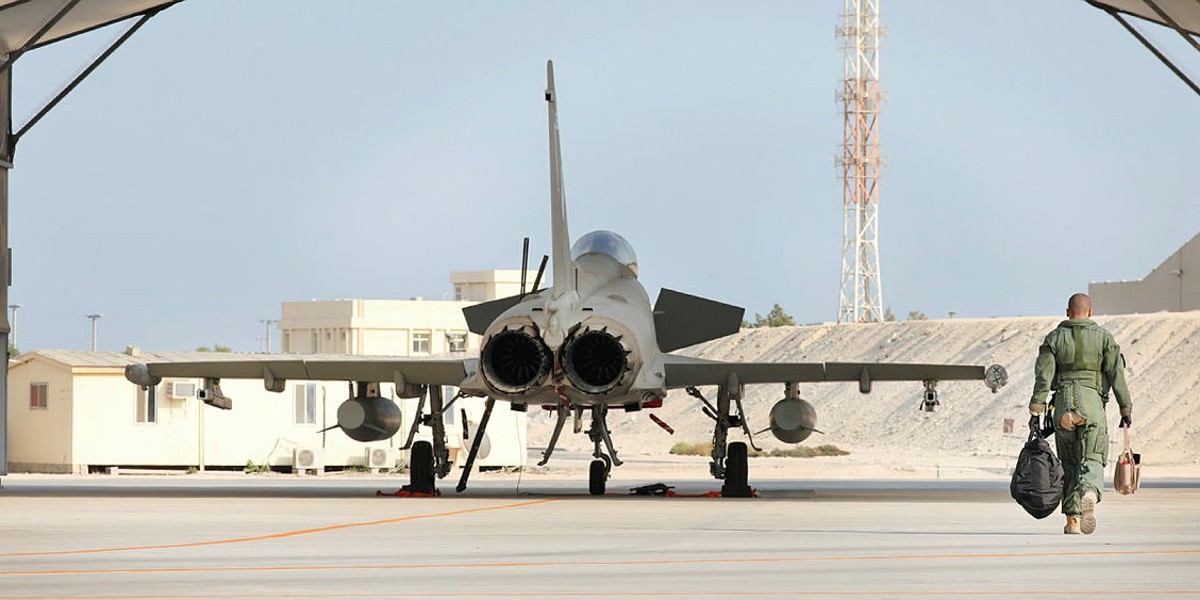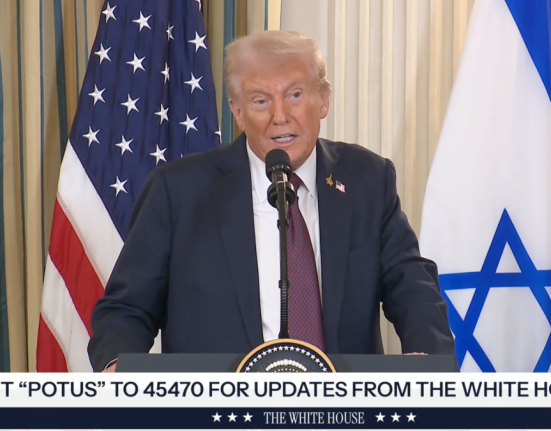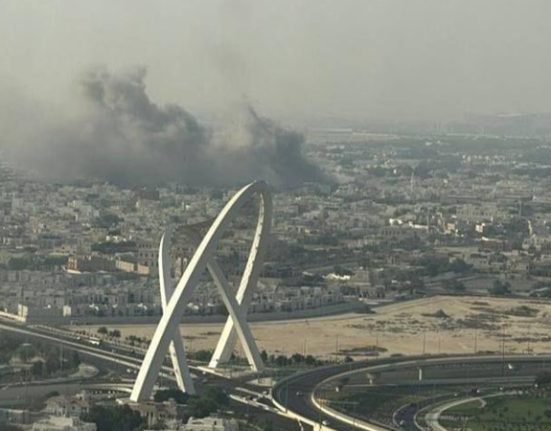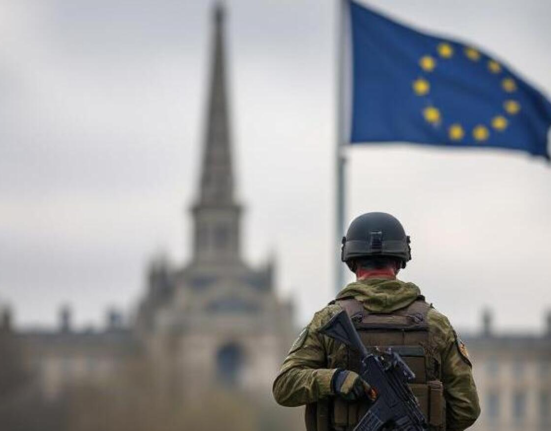Military movements signal escalation
The UK is creeping ever closer to a state of quasi-war readiness – a subtle but unmistakable shift in posture that should not be underestimated.
In the past week alone, RAF jets have been moved to the Middle East, military contingency plans activated, and Prime Minister Keir Starmer has pointedly refused to rule out British air support for Israel in its confrontation with Iran. The UK has also warned against all travel to Israel.
Two fronts, one direction
This military build-up comes amid sustained tension with Russia, where the UK continues to back Ukraine militarily and diplomatically. Britain is now effectively positioning itself on two strategic fronts – the Middle East and Eastern Europe. It is not at war, but it is behaving more like a country preparing to be.
‘Defensive’ rhetoric, offensive readiness
Government ministers insist recent moves are precautionary and defensive. Yet when the Foreign Office advises against all travel to Israel, and British aircraft are stationed within range of Iranian sites, such language begins to ring hollow. Starmer and Chancellor Rachel Reeves may speak of diplomacy, but the UK’s posture is unmistakably militarised.
A lack of democratic scrutiny
What is most concerning is the absence of public or parliamentary debate. The government has not outlined what events would trigger British military action. Nor has it explained how long these deployments will last – or what their end goal is.
Drifting into entanglement
While the West Midlands and the rest of the UK may not face direct conflict, the consequences are already being felt – in energy prices, strategic risk, and global instability. The public deserves more than vague briefings. It deserves clarity on whether Britain is drifting into military entanglements without clear justification – and at what cost.







